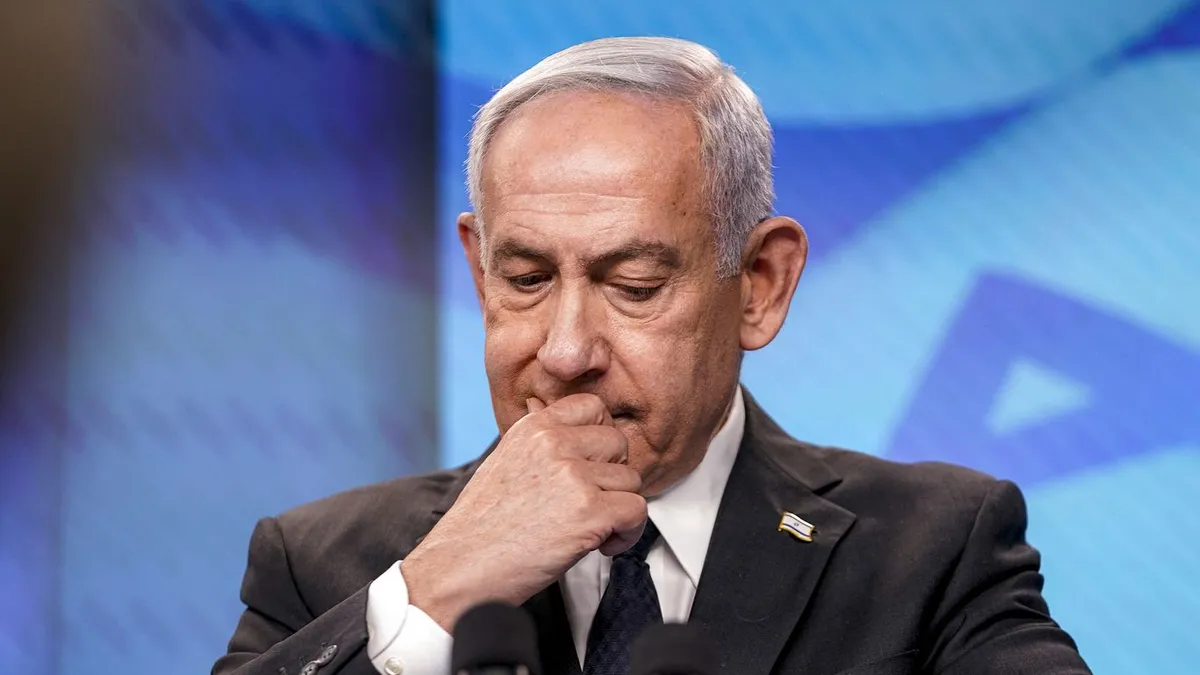
On Thursday, President Donald Trump made a significant announcement regarding Israeli Prime Minister Benjamin Netanyahu's plans to annex parts of the occupied West Bank. Trump stated that he would not permit such actions, which is expected to put an end to Netanyahu's ambitions for annexation. This development is critical as it signals a shift in U.S. foreign policy and its implications for the region.
Trump's public remarks come on the heels of private assurances he provided to various Arab leaders, further highlighting the importance of his position. His declaration that "I will not allow Israel to annex the West Bank... there's been enough. It's time to stop now" underscores the growing concern over the potential fallout from such a move. The implications of this statement extend beyond Israel, potentially affecting relations with Arab nations and the broader geopolitical landscape.
The Netanyahu administration has been contemplating the annexation of significant portions of the West Bank in response to the recent recognition of a Palestinian state by several western nations. This plan has raised alarms amongst regional players, particularly the United Arab Emirates (UAE), which conveyed to the Trump administration that Israeli annexations could jeopardize the Abraham Accords, one of Trump's major foreign policy victories during his first term.
Any move by Israel to annex parts of the West Bank would likely provoke a severe international backlash. Such actions could exacerbate tensions in an already volatile region, further complicating the peace process and Israel's relationships with its neighbors. Trump's administration appears to be acutely aware of these risks, as evidenced by their current diplomatic efforts.
In a meeting held on Tuesday, Trump engaged with leaders from several key Arab nations, including Saudi Arabia, the UAE, Qatar, Egypt, Jordan, Turkey, Indonesia, and Pakistan. During this discussion, Trump sought support for his plan to end the ongoing war in Gaza. The Arab leaders presented several stipulations, one of which was a guarantee that Israel would refrain from annexing any territories in the West Bank or Gaza. Trump assured these leaders that he would block any attempts at annexation.
As of Thursday, Trump reported having productive conversations with both Netanyahu and Arab leaders regarding the situation in Gaza. He expressed optimism, suggesting that a deal could be reached soon. The White House has been actively encouraging Netanyahu to embrace Trump's proposed plan as a way to end the conflict, emphasizing that prolonging the war would further isolate Israel on the international stage.
Looking ahead, Netanyahu is scheduled to meet with Trump at the White House on Monday to discuss the plan and outline the next steps regarding Gaza. This meeting is expected to be pivotal in determining the future of U.S.-Israel relations and the broader peace process in the region.